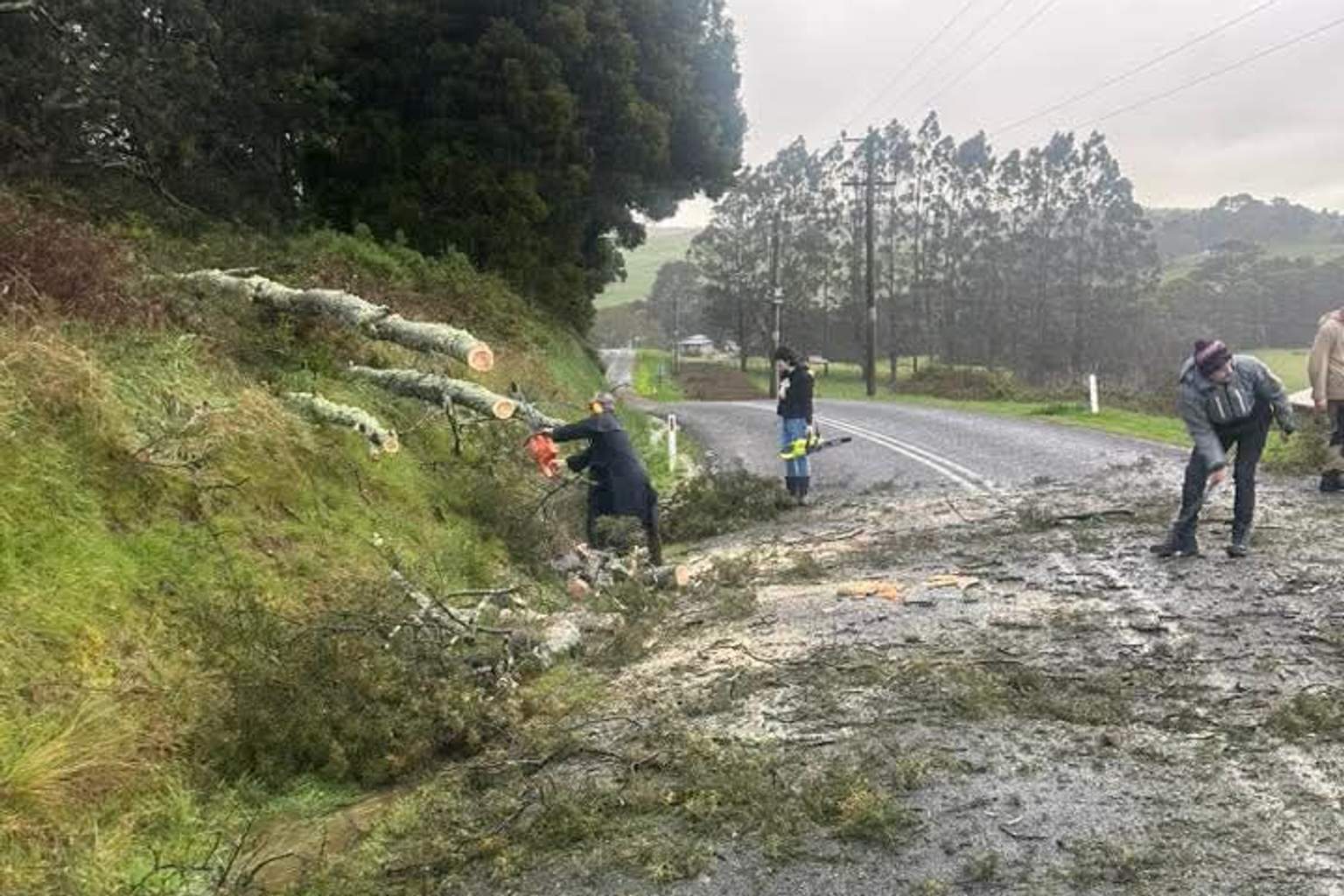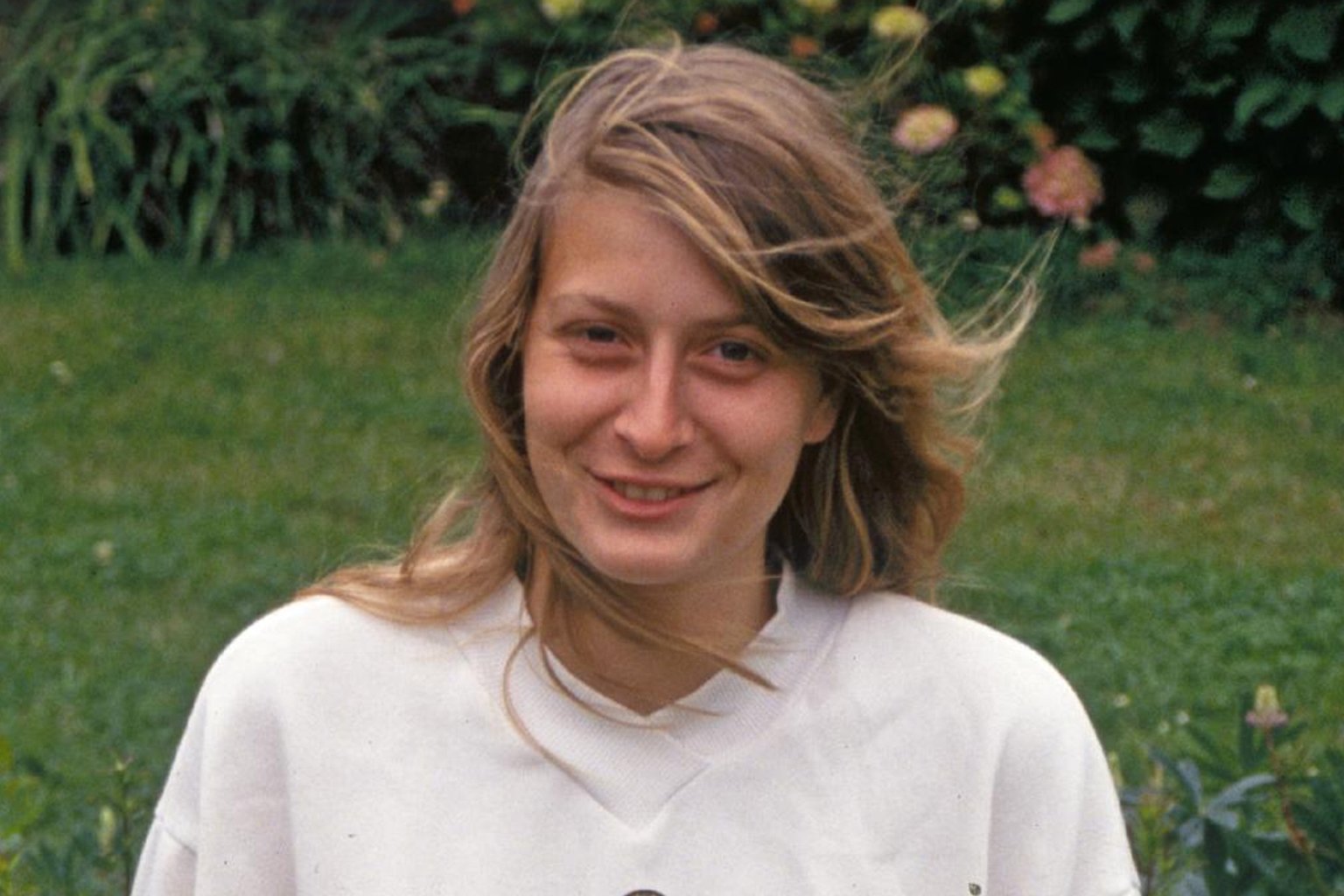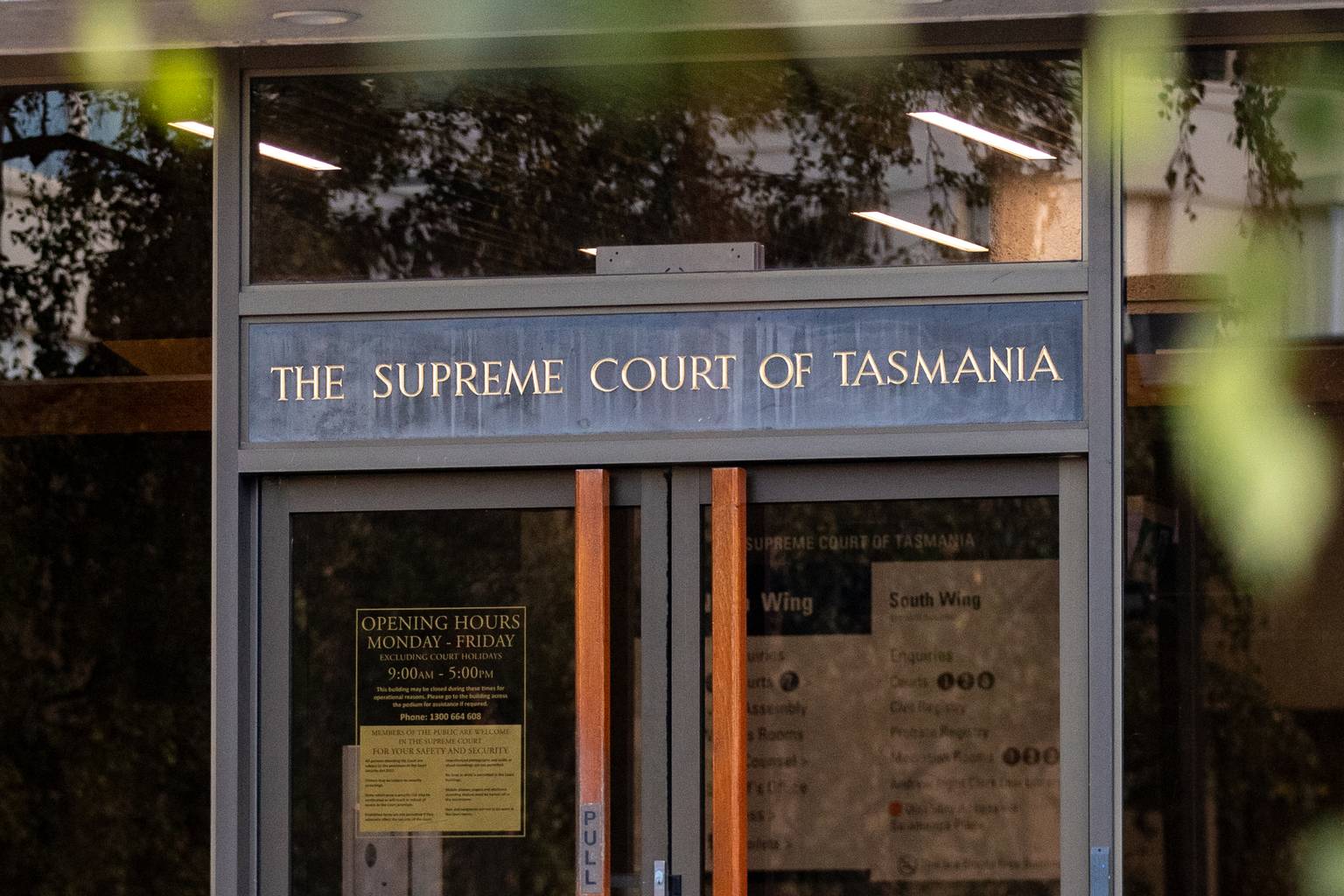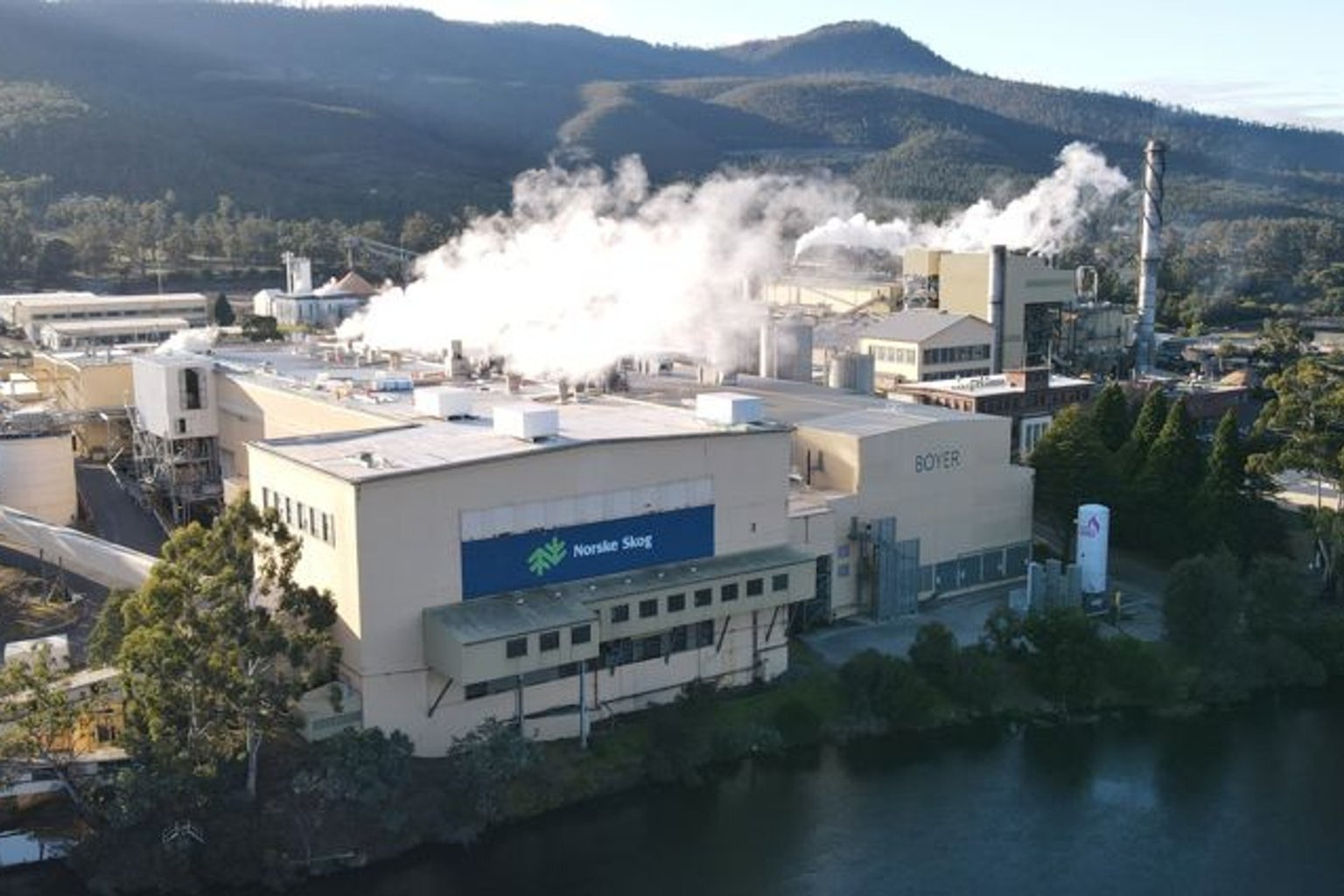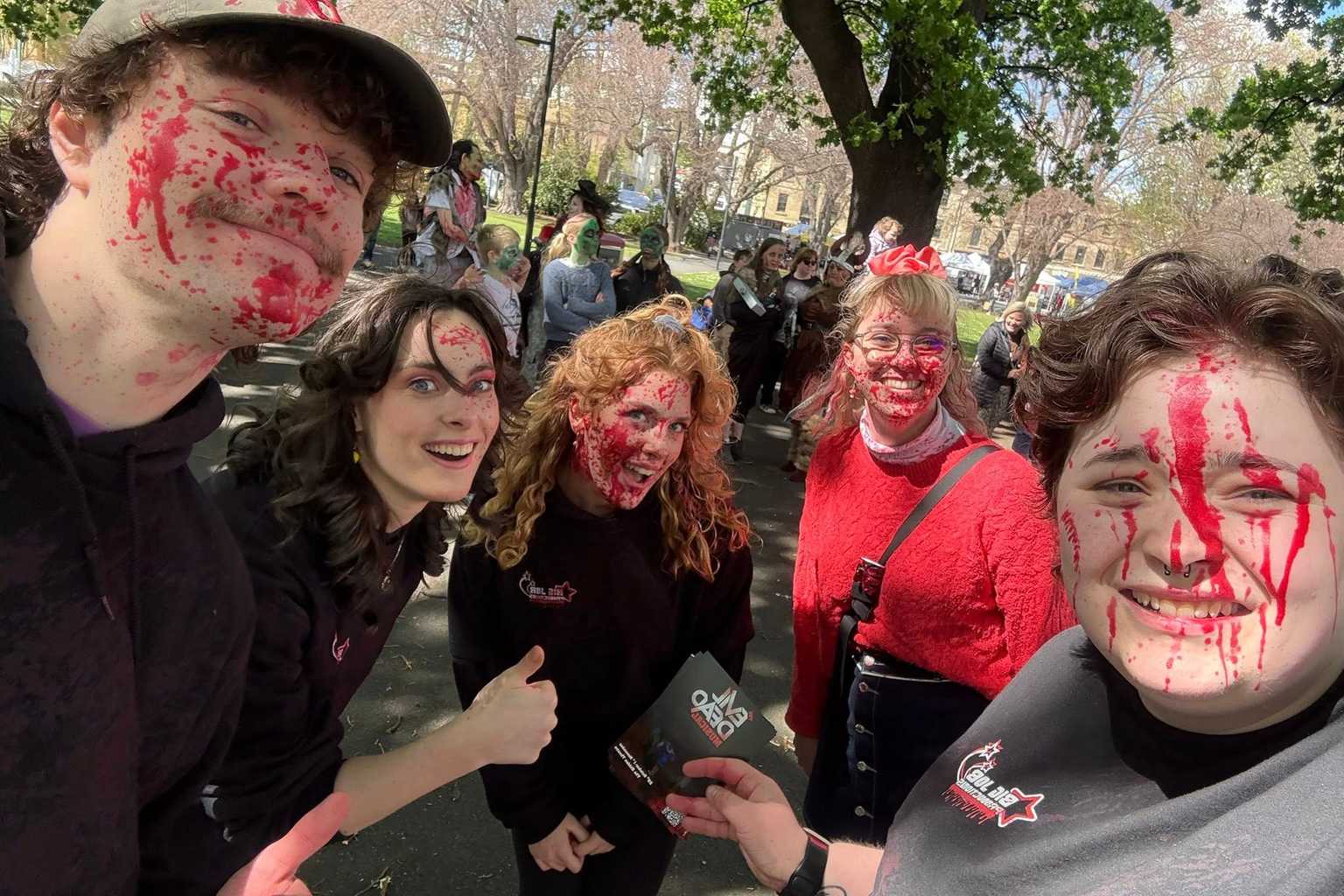With a warning that Tasmania is losing out as its cities quiet down too early, Opposition Leader Dean Winter has launched a bold policy to revitalise the state’s economy after dark.
Labor’s “Night Time Economy Strategy”, announced today, aims to transform Tasmania’s urban centres into vibrant, round-the-clock hubs of activity, bringing new life to the state’s evenings and nights.
“A thriving, modern economy can’t afford to shut down at 5pm,” he said.
“We need to make sure our cities are fun, safe and open for business around the clock.”

“Some of our most creative entrepreneurs, most passionate workers and most exciting businesses operate while the rest of us are sleeping.”
Winter said barriers holding restaurants, bars, pubs, music and arts venues back must be dismantled and red tape slashed.

His plan includes removing “unnecessary” council permits and reducing costs for late-night venues, outdoor dining and festivals.
It also promises liquor licence “fee rebates” for venues that promote live entertainment, while advocating for better conditions for workers in the night-time economy.
Under the proposal, existing venues will receive stronger protections, allowing them to contribute to the city’s vibrancy after dark without undue restrictions.
The strategy also introduces the creation of designated 24-hour economy zones with streamlined regulations, encouraging businesses to operate into the night.
Winter said he “won’t let Tasmania fall behind” as other states, like New South Wales, push forward with their own 24/7 economy plans.
In NSW, the government’s strategy includes removing restrictions that prevent disco balls in karaoke bars and allow for new residents to move in and campaign for the closure of established venues.

It also cuts licensing costs for businesses that offer live entertainment and extends support to essential workers who often struggle to find food and drink outside of regular trading hours.
“A great hospitality sector encourages young people to stay and come to our state,” Winter said.
“Our cities have unique advantages, and we need to make sure locals and visitors can experience all we have to offer – day or night.”
Tasmania’s tourism and hospitality sector employs nearly 50,000 people and contributes over $700 million to the economy each year.

Tasmanian Chamber of Commerce and Industry chief executive Michael Bailey said the move would be a “no-brainer”.
“We need to really get behind our hospitality sector at the moment and this is one simple way to do it,” he said.
“As a struggling muso myself, I think it’s great that we can back businesses and the arts and entertainment sector at the same time.”
“Slashing red tape? I’ll drink to that!”


